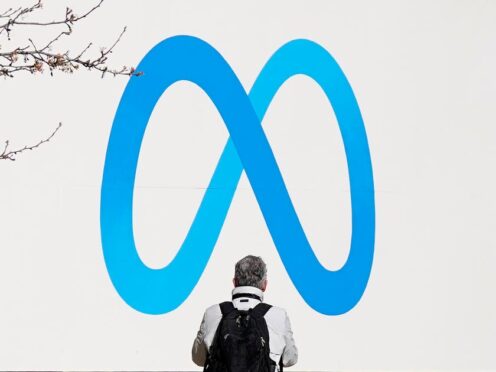
Brazil’s national data protection authority determined on Tuesday that Meta, the parent company of Instagram and Facebook, cannot use data originating in the country to train its artificial intelligence.
Meta’s updated privacy policy enables the company to feed people’s public posts into its AI systems. That practice will not be permitted in Brazil, however.
The decision stems from “the imminent risk of serious and irreparable or difficult-to-repair damage to the fundamental rights of the affected data subjects,” the agency said in the nation’s official gazette.
Brazil is one of Meta’s biggest markets. Facebook alone has around 102 million active users in the country, the agency said in a statement. The nation has a population of 203 million, according to the country’s 2022 census.
A spokesperson for Meta said in a statement the company is “disappointed” and insists its method “complies with privacy laws and regulations in Brazil”.
“This is a step backwards for innovation, competition in AI development and further delays bringing the benefits of AI to people in Brazil,” the spokesperson added.
The social media company has also encountered resistance to its privacy policy update in Europe, where it recently put on hold its plans to start feeding people’s public posts into training AI systems — which was supposed to start last week.
In the US, where there is no national law protecting online privacy, such training is already happening.
Meta said on its Brazilian blog in May that it could “use information that people have shared publicly about Meta’s products and services for some of our generative AI features”, which could include “public posts or photos and their captions”.
Refusing to partake is possible, Meta said in that statement. Despite that option, there are “excessive and unjustified obstacles to accessing the information and exercising” the right to opt out, the agency said in a statement.
Meta did not provide sufficient information to allow people to be aware of the possible consequences of using their personal data for the development of generative AI, it added.
Compliance must be demonstrated by the company within five working days from the notification of the decision, and the agency established a daily fine of 50,000 reais (£6,961) for failure to do so.

Enjoy the convenience of having The Sunday Post delivered as a digital ePaper straight to your smartphone, tablet or computer.
Subscribe for only £5.49 a month and enjoy all the benefits of the printed paper as a digital replica.
Subscribe